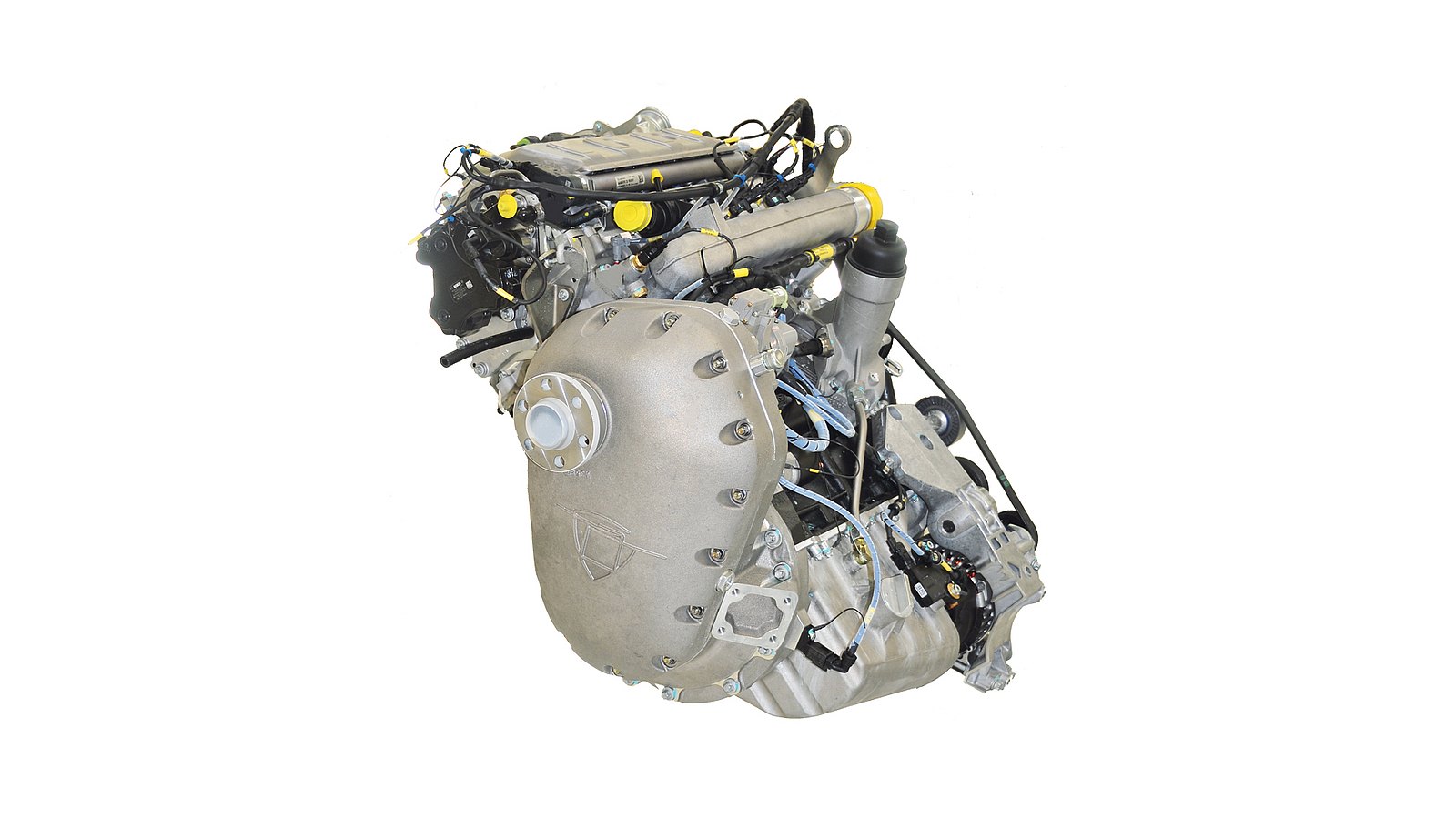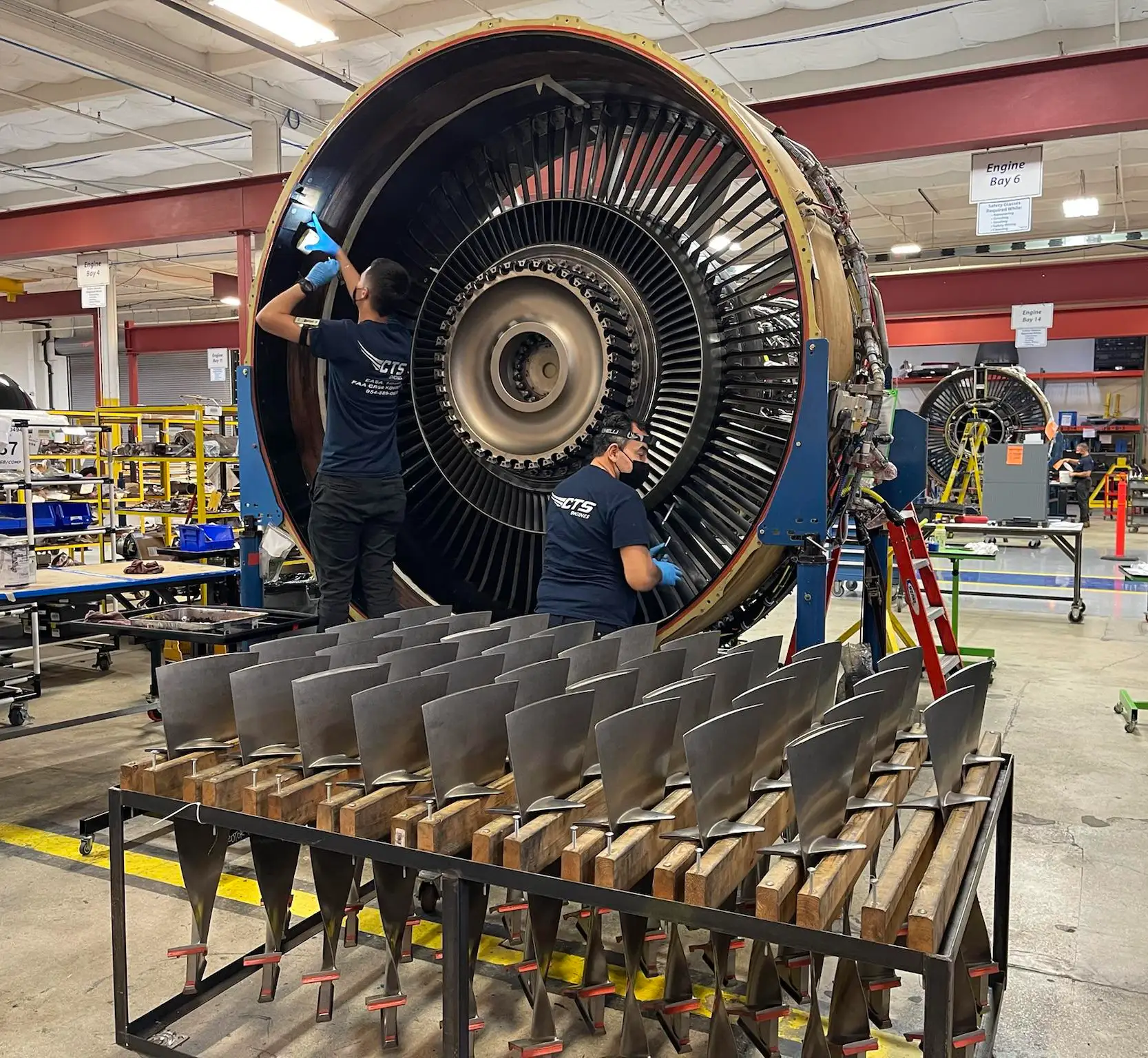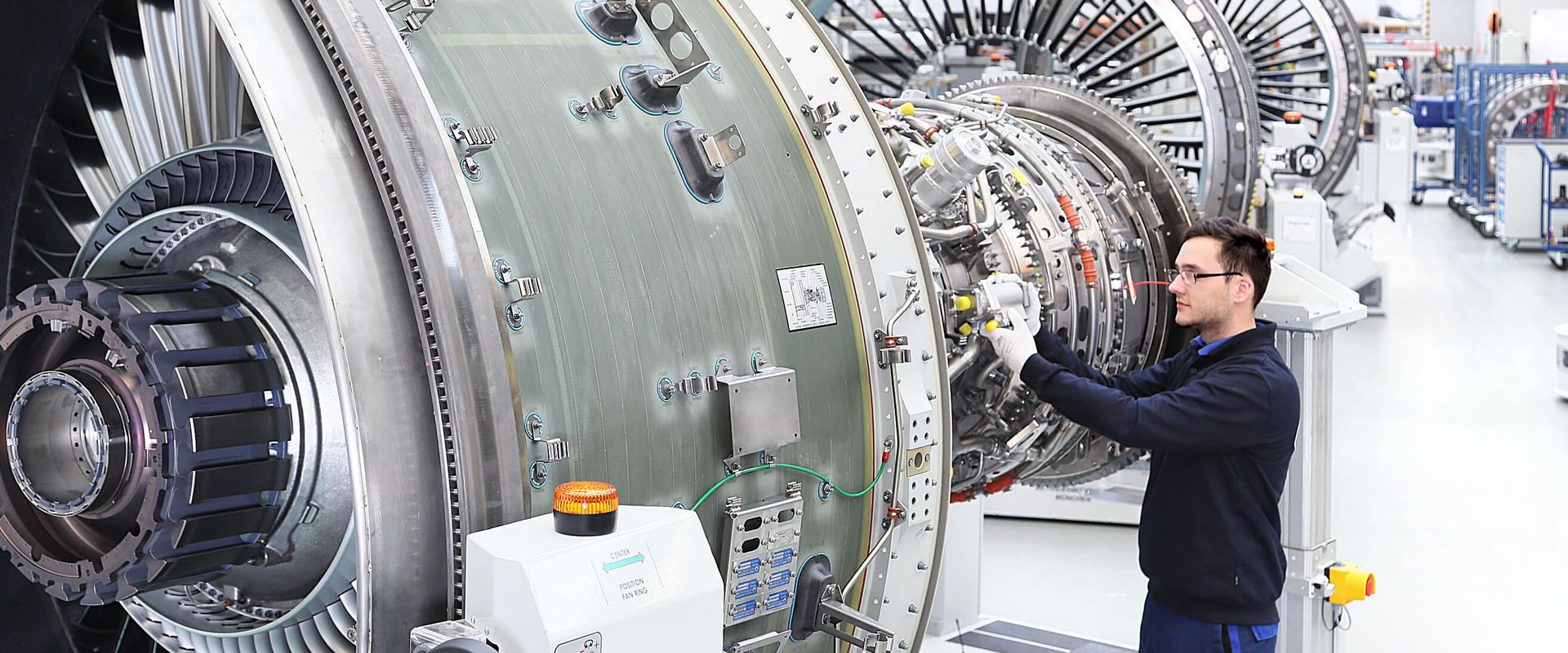Get the Perfect Fit with Engines For Africa's Diverse Option
Get the Perfect Fit with Engines For Africa's Diverse Option
Blog Article
Discover a Variety of Engines for Every Vehicle and Objective
The auto landscape is increasingly complex, with a diverse selection of engine kinds designed to fulfill particular performance and efficiency needs across different automobile categories. Furthermore, durable engines serve the requirements of work automobiles, while eco-friendly alternatives are acquiring traction in the quest of sustainable transport.
Kinds Of Automotive Engines
Automotive engines can be categorized right into several distinctive kinds, each designed to fulfill particular performance and performance demands. One of the most typical categories include interior burning engines, electrical engines, and crossbreed systems.

Electric engines, on the various other hand, operate on electric power saved in batteries, providing immediate torque and absolutely no exhausts. These engines are coming to be significantly preferred as a result of advancements in battery innovation and the growing focus on sustainability.
Crossbreed systems integrate both internal combustion and electric engines, enabling automobiles to optimize gas performance and minimize emissions by flawlessly switching over between source of power. Each engine kind offers its benefits and disadvantages, influencing aspects such as lorry layout, meant usage, and market need. Understanding these differences is vital for customers and suppliers alike when picking the ideal engine for their details needs.
Performance Engines for Sports Cars
Efficiency engines for sporting activities vehicles are particularly engineered to provide improved agility, rate, and power, establishing them besides standard auto engines. These engines often make use of innovative modern technologies such as turbocharging, supercharging, and variable shutoff timing to make best use of efficiency and responsiveness.
Commonly, performance engines are developed with greater compression proportions, which enable higher energy extraction from gas. This leads to remarkable horse power and torque figures, enabling fast velocity and higher top speeds. In addition, the light-weight products made use of in these engines, such as light weight aluminum and carbon fiber, contribute to minimized overall vehicle weight, enhancing handling and ability to move.
Engine configurations like V6, V8, and also hybrid systems are typical in efficiency cars, each offering special benefits in terms of power distribution and driving dynamics. The tuning of these engines is likewise important; lots of suppliers maximize the engine administration systems to provide an exhilarating driving experience, often consisting of sport settings that change throttle response and equipment changes.
Effective Engines for Daily Commuters
In the realm of daily travelling, effective engines play an important function in optimizing gas economic climate and minimizing discharges while supplying trustworthy efficiency. As city populaces grow and ecological problems intensify, the need for vehicles equipped with reliable powertrains has actually risen.
Modern engines made for day-to-day commuters often include technologies such as turbocharging, straight fuel injection, and crossbreed systems. Turbocharging enhances engine efficiency by forcing even more air right into the burning chamber, enabling smaller sized, lighter engines that do not endanger power output. Direct fuel shot enhances gas atomization, causing far better burning and enhanced performance.
Crossbreed engines, integrating inner burning with electric power, more increase gas economic climate, especially in stop-and-go traffic, where conventional engines can struggle with inefficiencies. Electric electric motors important link aid throughout acceleration and can run individually at low rates, minimizing general gas usage.
Moreover, innovations in engine management systems and lightweight materials contribute considerably to effective engine design. By focusing on performance, durability, and ecological sustainability, suppliers continue to provide engines that not only fulfill the demands of daily travelling however additionally align with global efforts to lower carbon impacts.
Heavy-Duty Engines for Job Cars
Heavy-duty engines for work cars are routinely engineered to provide exceptional torque and dependability under requiring problems. These engines are developed to carry out in atmospheres where standard engines might falter, such as building and construction websites, logging operations, and farming setups. The key focus of sturdy engines is their capability to generate high levels of power while preserving toughness over extended periods of procedure.
Usually, heavy-duty engines utilize sophisticated products and durable construction techniques to withstand the rigors of heavy work. Attributes such as reinforced cylinder blocks, enhanced cooling systems, and advanced gas shot innovations add to their efficiency. These engines typically operate at lower RPMs, which aids to optimize gas effectiveness while providing the necessary power for hauling and towing.
In addition to mechanical toughness, sturdy engines are often geared up with sophisticated electronic control devices (ECUs) that manage performance, emissions, and diagnostics. This integration permits for far better monitoring and maintenance, making sure that work lorries remain operational and efficient.
Inevitably, heavy-duty engines are a crucial part in the efficiency of various markets, supplying the essential power and dependability to take on the toughest of tasks.
Eco-Friendly Engine Options
The growing emphasis on sustainability has resulted in the development of environment-friendly engine choices that focus on minimized discharges and enhanced fuel efficiency. These engines are designed to minimize the ecological influence of automobiles while still providing the performance and reliability anticipated by customers.
Amongst the most notable eco-friendly alternatives are hybrid and electrical engines. Hybrid engines combine traditional inner burning engines with electric propulsion, permitting minimized fuel consumption and reduced greenhouse gas discharges. Electric engines, on the other hand, run totally on battery power, creating zero tailpipe exhausts and adding to cleaner air quality.
Another encouraging advancement is the advancement of biofuel engines, which use renewable energies, such as plant materials, to power lorries (Engines For Africa). By utilizing biofuels, these engines can lower reliance on nonrenewable fuel sources and lower general carbon impacts

As the automobile sector develops, eco-friendly engine alternatives will play an essential duty in driving the shift in the direction of more lasting transportation options.
Conclusion
The auto industry uses a diverse click site variety of engines designed to satisfy numerous car demands and purposes. From high-performance engines that improve sporting activities automobile capacities to efficient designs focusing on fuel economic situation for daily commuters, each kind offers a particular feature. Sturdy engines cater to robust job lorries, while environmentally friendly alternatives, such as electrical and biofuel engines, promote sustainable transportation. This thorough range guarantees that all visite site driving demands are resolved, adding to developments in vehicle modern technology and environmental stewardship.

Report this page